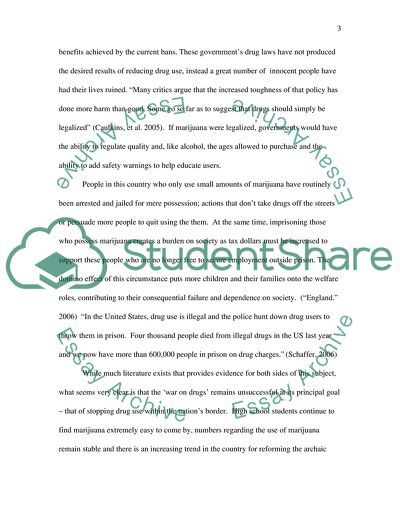Cite this document
(Why Marijuana Should be Legalized Research Paper, n.d.)
Why Marijuana Should be Legalized Research Paper. https://studentshare.org/social-science/1747392-why-marijuana-should-be-legalized
Why Marijuana Should be Legalized Research Paper. https://studentshare.org/social-science/1747392-why-marijuana-should-be-legalized
(Why Marijuana Should Be Legalized Research Paper)
Why Marijuana Should Be Legalized Research Paper. https://studentshare.org/social-science/1747392-why-marijuana-should-be-legalized.
Why Marijuana Should Be Legalized Research Paper. https://studentshare.org/social-science/1747392-why-marijuana-should-be-legalized.
“Why Marijuana Should Be Legalized Research Paper”. https://studentshare.org/social-science/1747392-why-marijuana-should-be-legalized.


